Cultural heritage is not only considered a valuable asset for traditional education and personality education for the younger generation, but also a great resource contributing to the socio-economic development of the country. In recent years, the concept of heritage education has undergone many changes. Heritage sites and cultural exhibition centers can become learning places where students of all ages can directly experience.
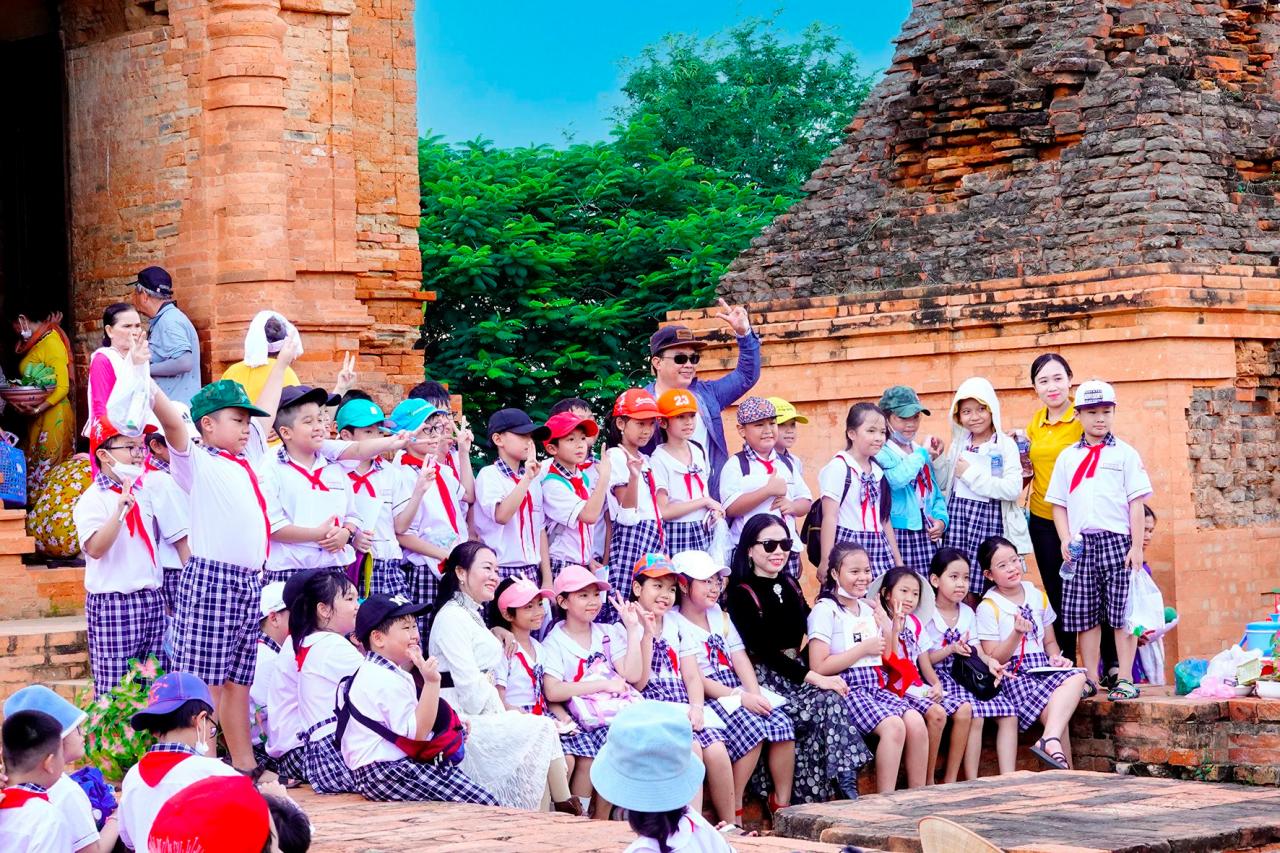
Special extracurricular lessons
Last September, we had the opportunity to follow teachers and students of Xuan An Primary School to the Po Sah Inư Tower relic (Phu Hai Ward, Phan Thiet City) during an extracurricular class right at the time of the Kate Festival. We felt the excitement spreading from the students. The class was quite crowded with students in a large space but very orderly and everyone was attentive as if afraid of missing any data. It was thought that in the 4.0 technology era, students who are exposed to a lot of digital devices would be less interested in history, but many students took the initiative to learn, ask questions, and raise concerns with the person in charge.
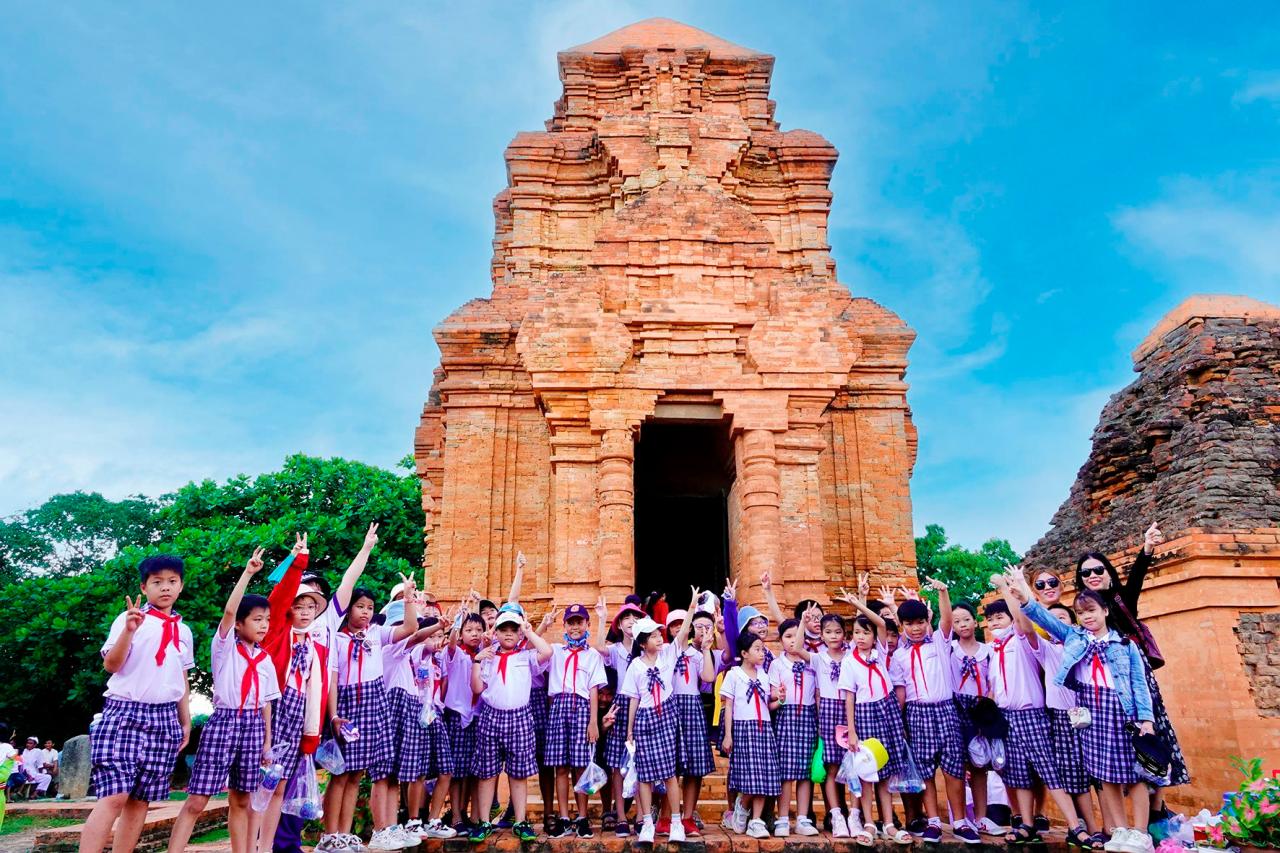
Observing the students' enthusiasm throughout the lesson, Ms. Han Thi Bich Hien - Vice Principal of Xuan An Primary School (Phan Thiet City) shared: “Heritage experience education is a new approach for students to acquire knowledge and develop their personality comprehensively. Carrying out the trips is not simple because it involves many factors. But the school always makes efforts and plans from the beginning of the school year to flexibly apply innovation in teaching. And clearly the lessons that students learn from practical experiences are more lasting and profound. By opening up problems, asking questions, creating opportunities for students to explore and experience themselves, thereby contributing to the formation and improvement of personality, raising awareness and responsibility for students in preserving, conserving and promoting traditional values and cultural heritage of the nation right from primary school. As for teachers, they will also change teaching methods, linking theory with practice”.
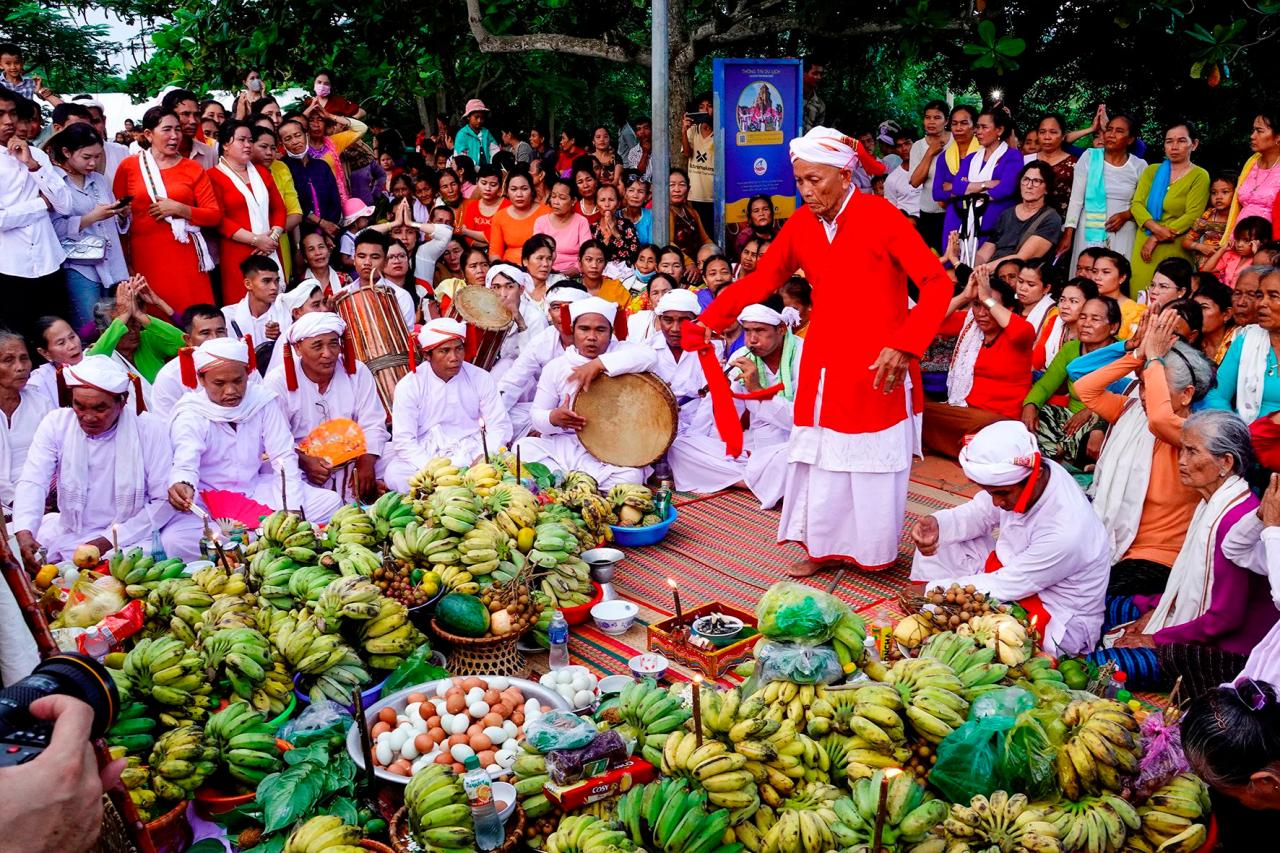
Many students expressed their excitement and commented: The extracurricular activity is not only a tour and outing, but also a useful and practical learning hour. Here, the information is introduced briefly, accompanied by real images, helping us not only remember historical knowledge but also feel comfortable and relaxed...
Enhance coordination
Reality proves that cultural heritage cannot stand outside the activities of the community, or stand outside its cultural space. In order to maintain the vitality of cultural heritage that has been honored by humanity, first of all, those cultural heritages must be preserved as they are, must be "alive", honored, and recognized by the people right in the life of the community. Therefore, it is necessary to treat cultural heritage with national pride, with understanding and passion for beauty, and with a sense of the quintessence of cultural heritage.
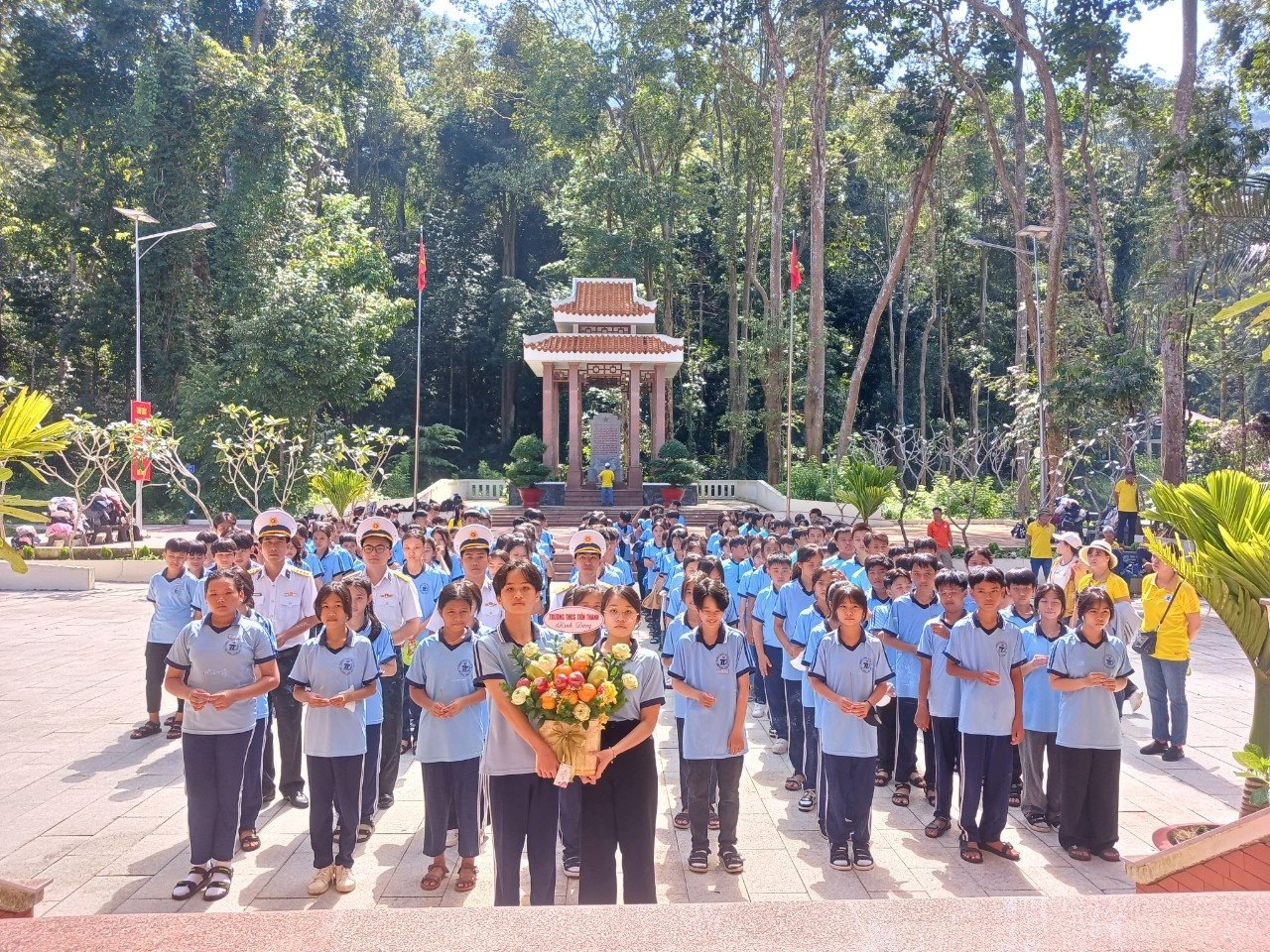
In Binh Thuan, since 2020, the Department of Education and Training and the Department of Culture, Sports and Tourism of the province have signed a coordination program on "Educational activities through cultural heritage and organizing extracurricular learning to learn about local cultural heritage at museums and relics in the province" for the period 2020 - 2025. In particular, in 2023, "History lessons" were promoted by middle and high schools. For example, at the Ho Chi Minh Museum - Binh Thuan Branch, 67 delegations with more than 4,000 students visited and learned about the life, career and life of President Ho Chi Minh; learned about Duc Thanh School - where Uncle Ho stopped to teach. Meanwhile, at the Provincial Museum Exhibition House, 13 delegations with more than 1,300 students were welcomed. In particular, at the Binh Thuan Provincial Party Committee base relic site during the resistance war against the US (Dong Giang commune, Ham Thuan Bac district), nearly 8,000 students and teachers of all levels in the province visited.
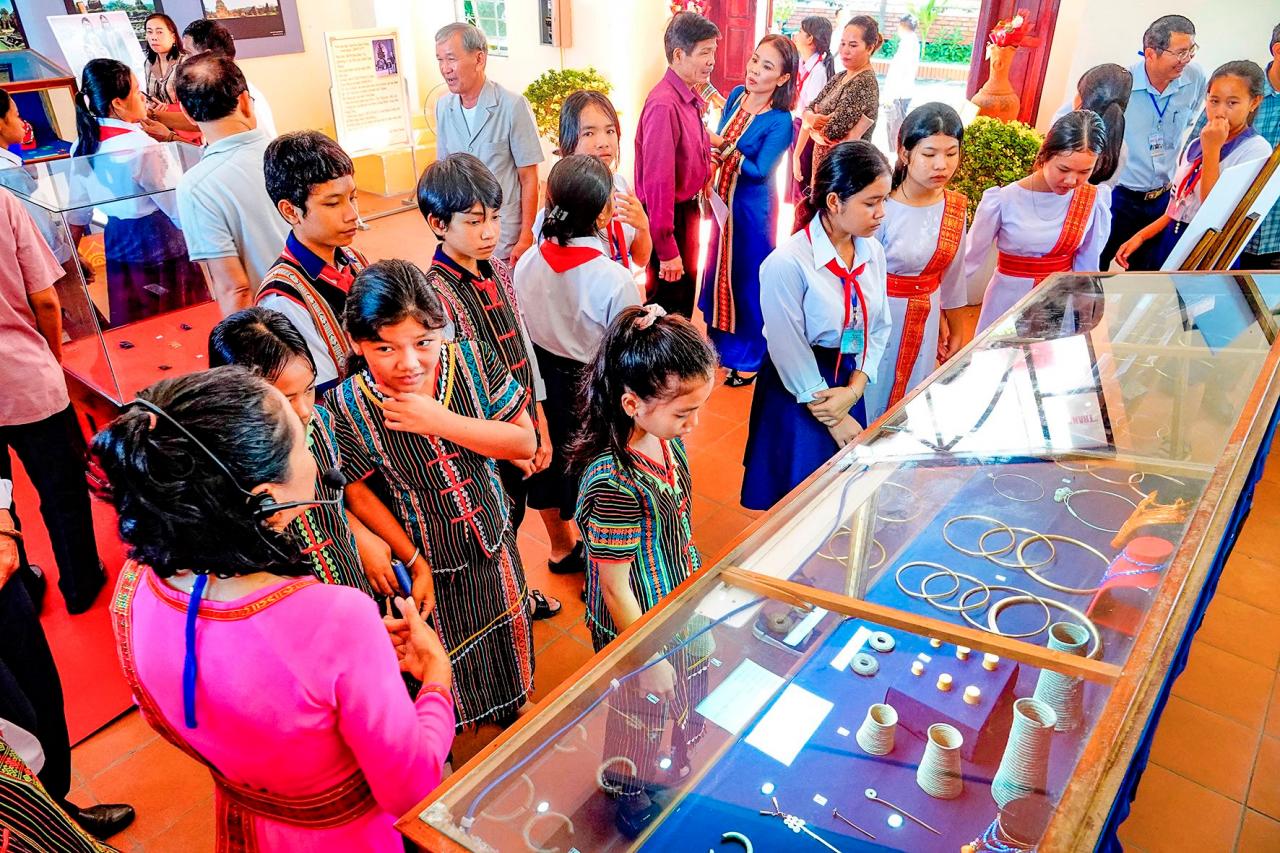
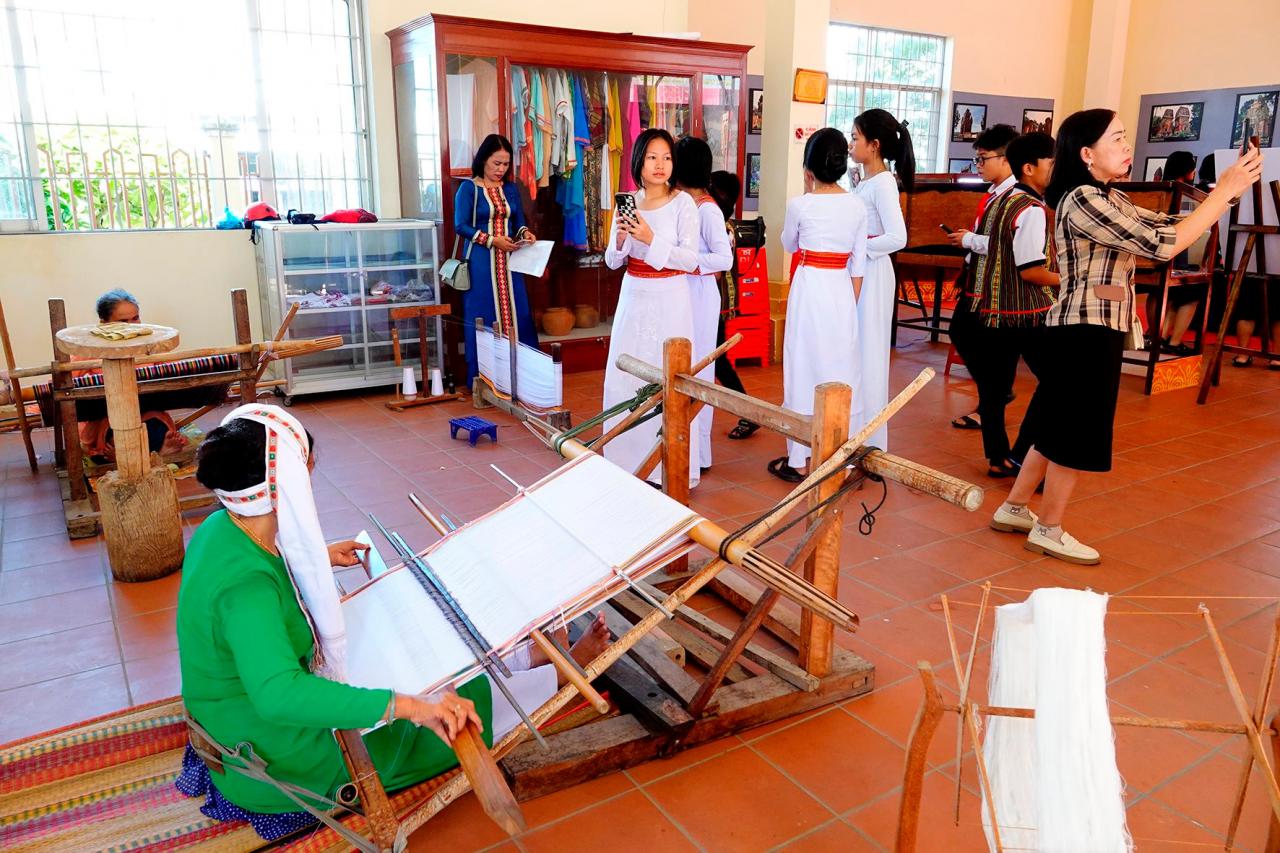
In addition, the Provincial Museum has also been flexible in organizing mobile exhibitions and paintings on "Preserving local cultural heritage" at a number of schools; displaying photo topics introducing relics, festivals, landscapes... to serve students visiting and researching at the Po Sah Inư tower relic; inviting artisans to perform traditional crafts, perform Cham folk arts during the summer, holidays, and Tet to serve students visiting and researching. At the Cham Cultural Exhibition Center, Phan Hiep Commune, Bac Binh District, artisans are invited to perform and guide students to participate in practical experiences of brocade weaving, pottery and traditional gingerbread of the Cham people or organize Cham folk games such as blindfolded pot smashing, throwing sticks into ceramic pots, relaying water with ceramic pots...
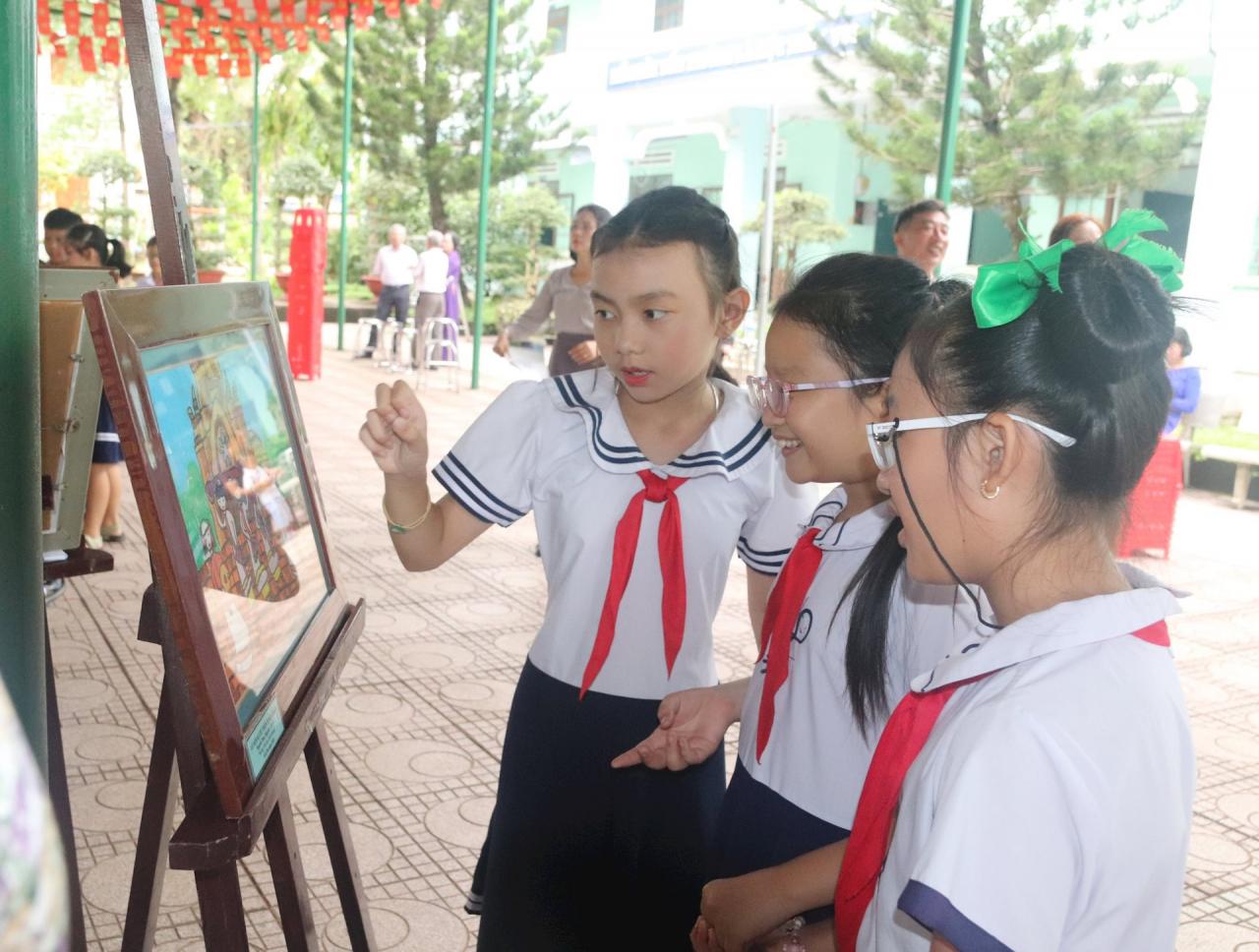
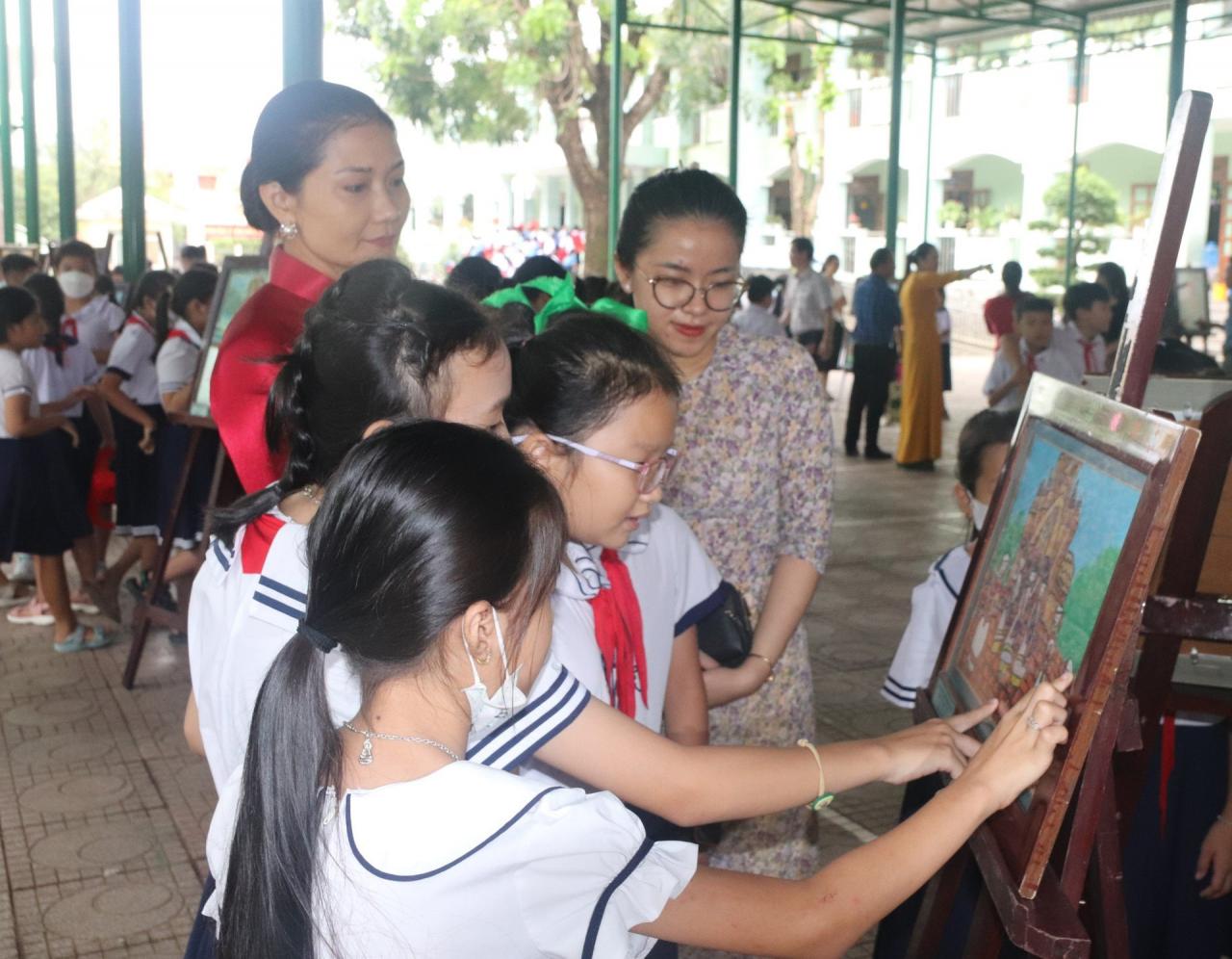
In addition, some schools in the province have also flexibly exploited the resources of relics, cultural festivals, and local craft villages to bring students to learn and study. Organizing educational activities with the theme "Cultural heritage around us", painting competitions, quizzes about historical relics... This is a way to "play and learn" to help children love their homeland's heritage more.
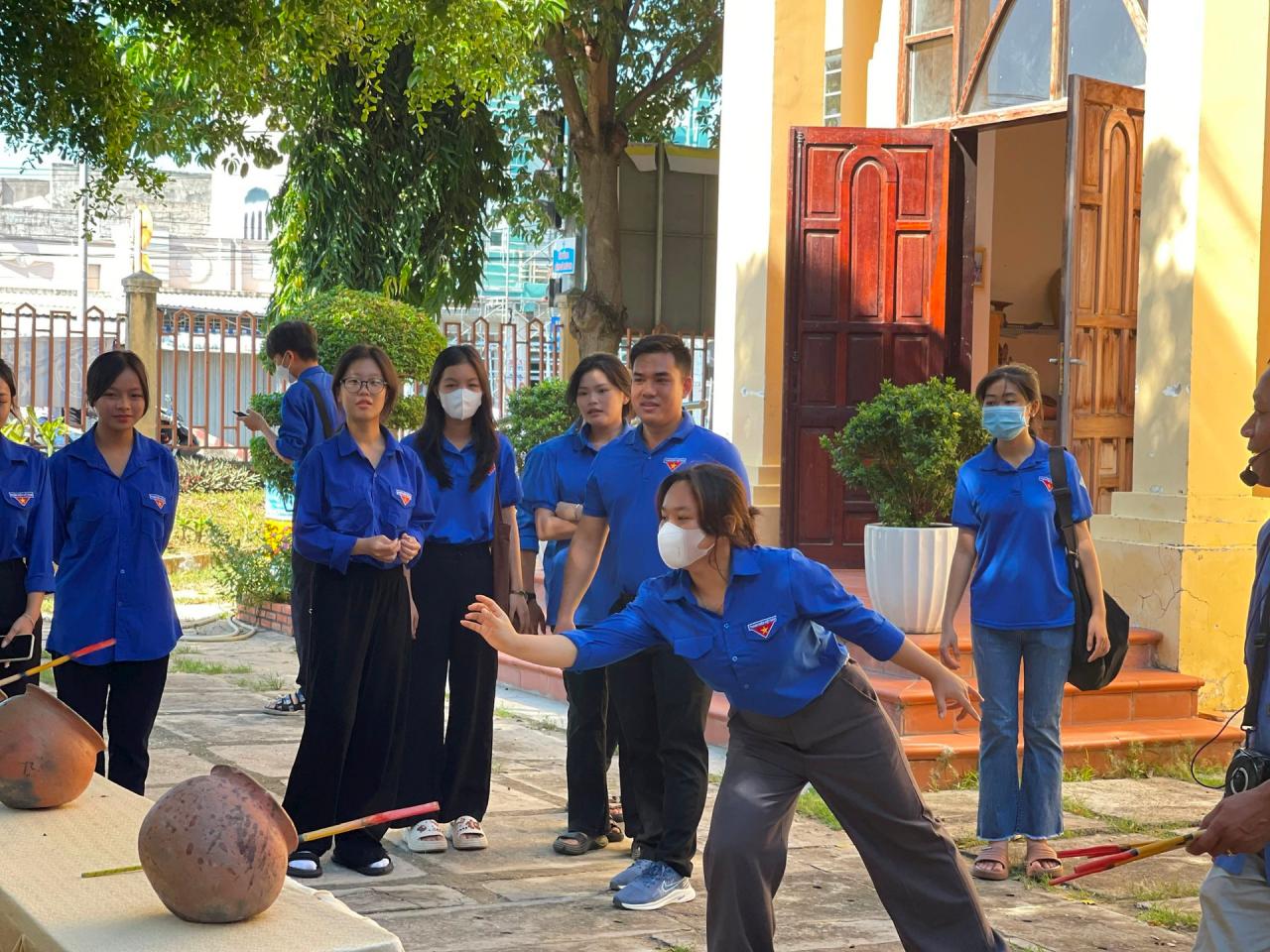
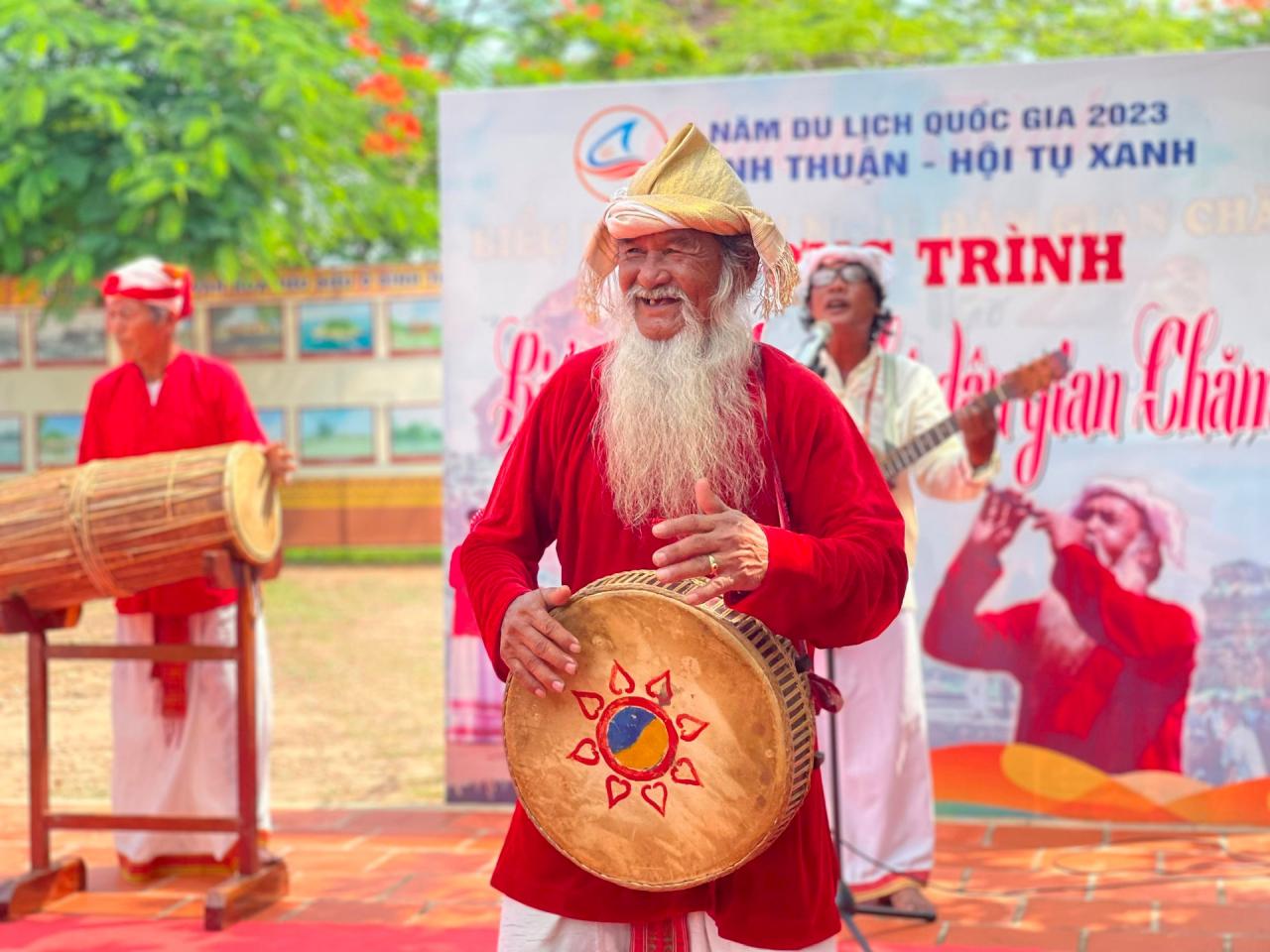
Ms. Lu Thai Tuyen - Deputy Director of the Provincial Museum assessed: Cultural heritage is a very important part of the national culture, a testament to the development of the community. The working people are both the owners and the core force to build that cultural heritage treasure. Therefore, coordination between museums and schools is necessary, helping museums promote and widely spread the archived values into life, contributing to educating future generations about love and pride in the cultural heritage of the country.
Source





![[Photo] "Beauties" participate in the parade rehearsal at Bien Hoa airport](https://vstatic.vietnam.vn/vietnam/resource/IMAGE/2025/4/11/155502af3384431e918de0e2e585d13a)







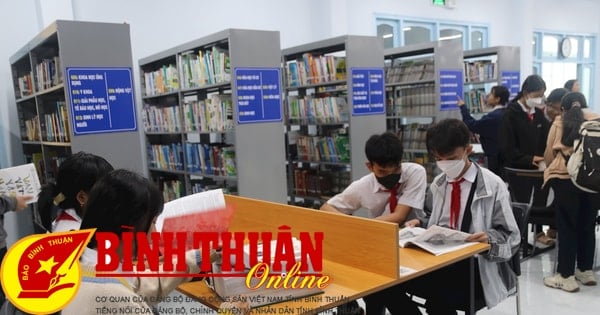
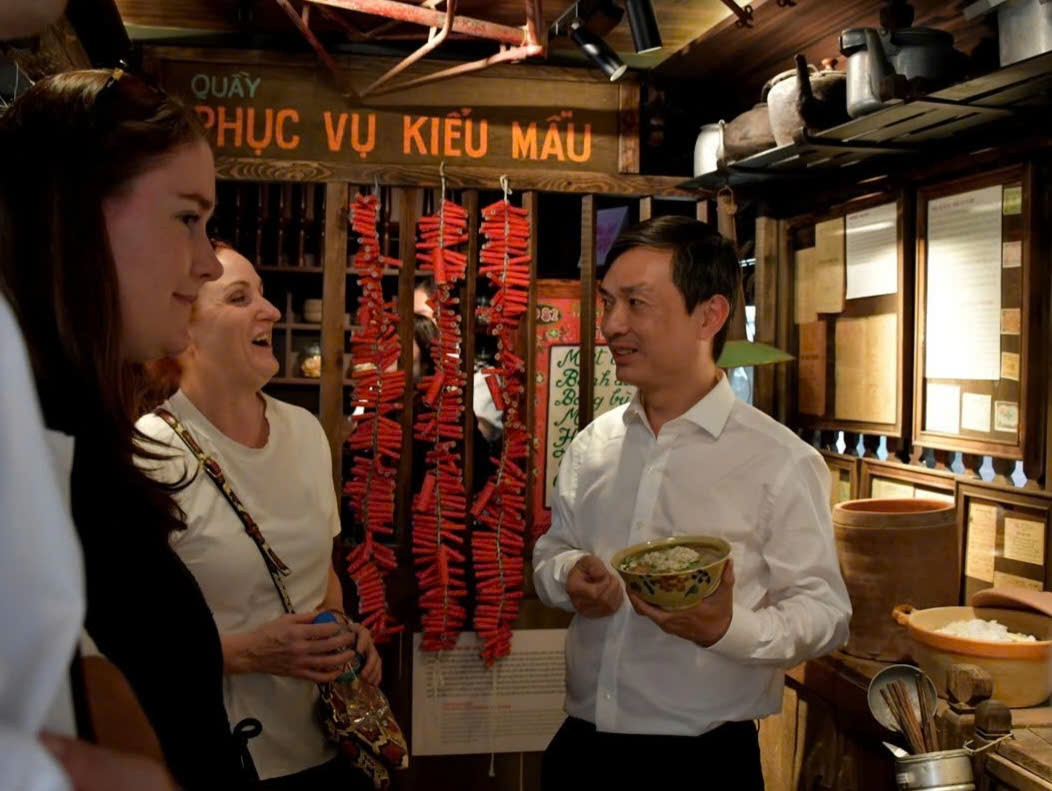

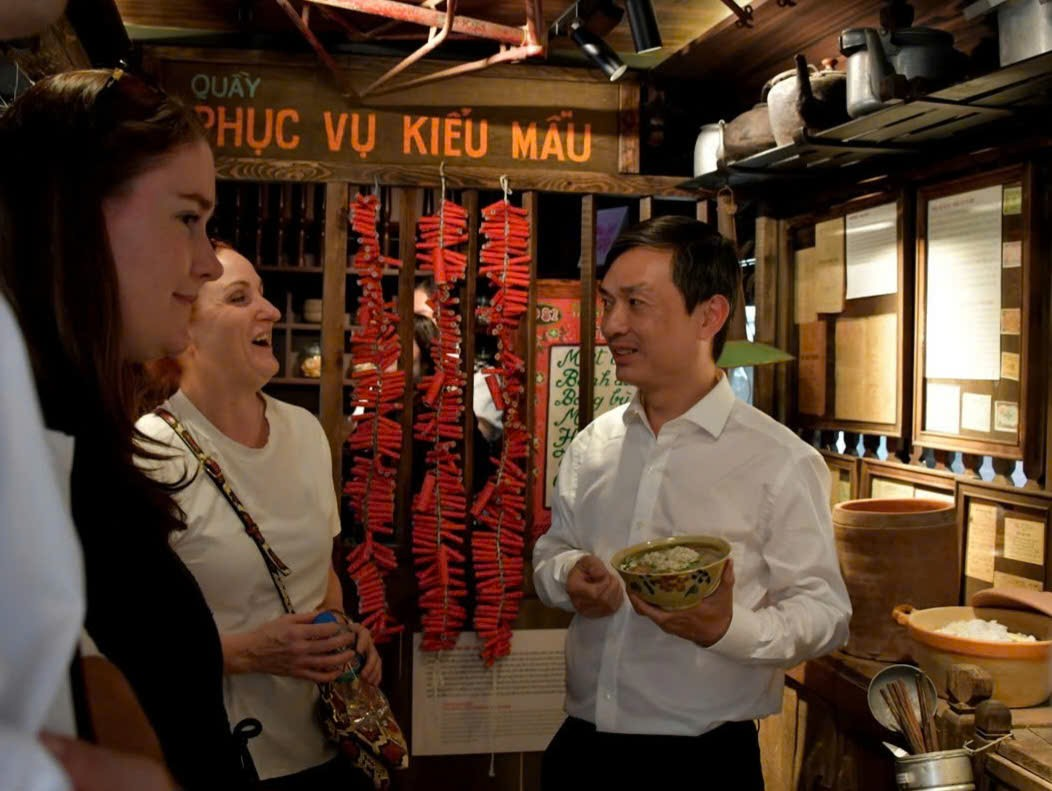
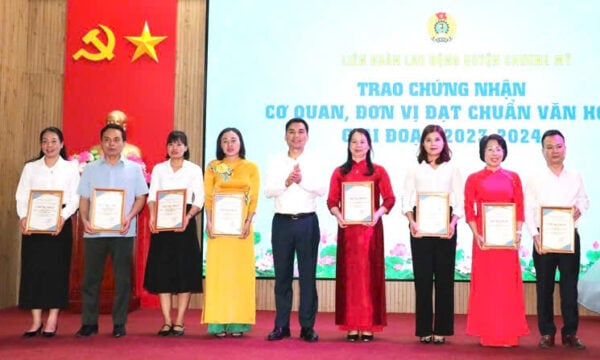
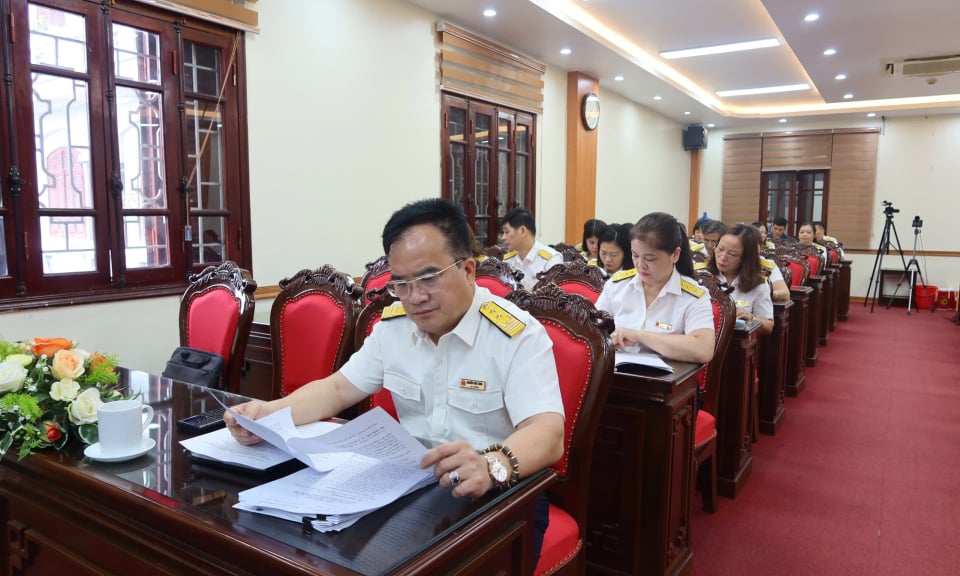
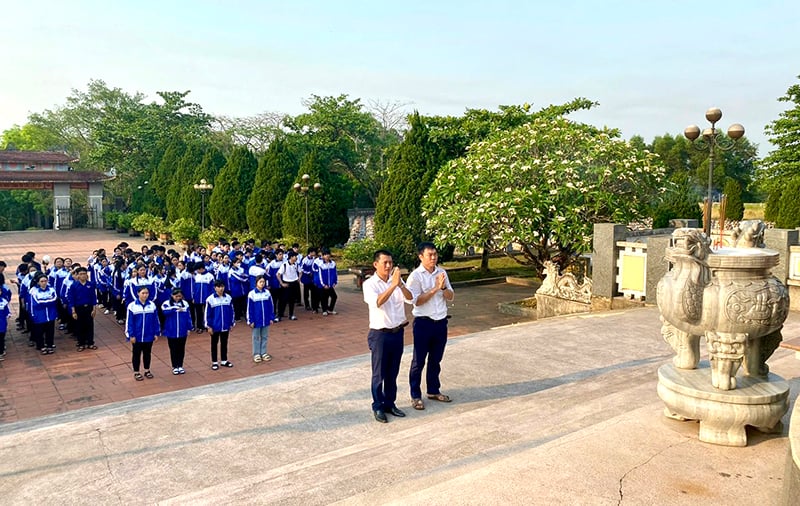
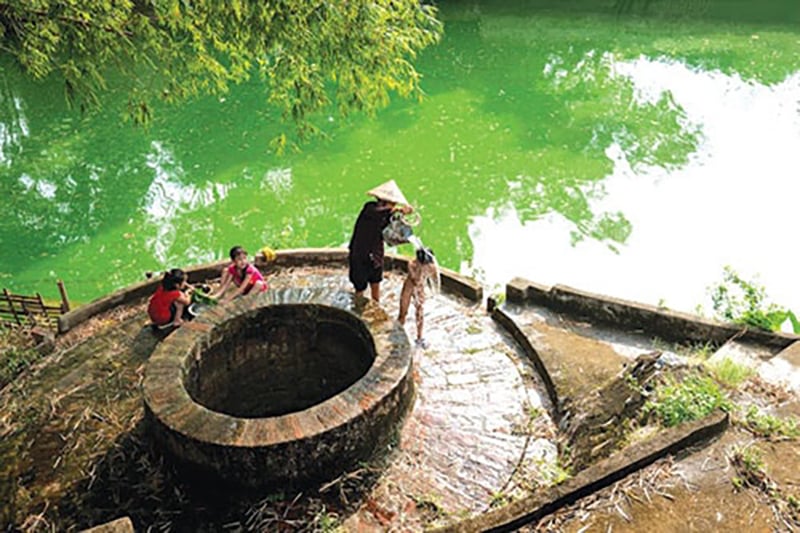
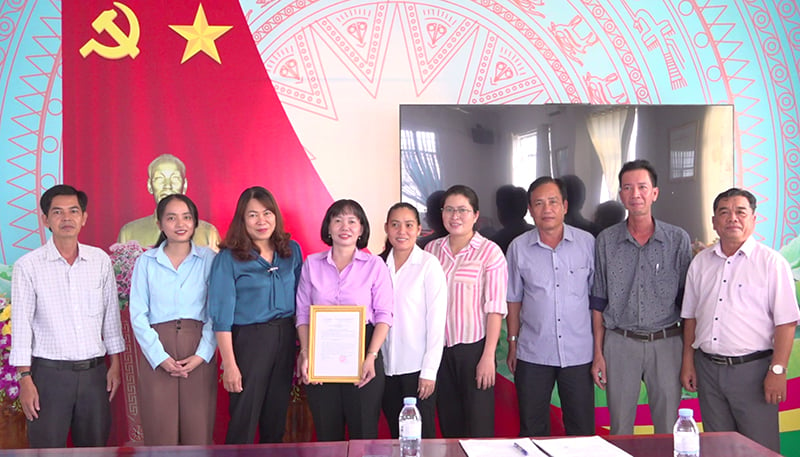
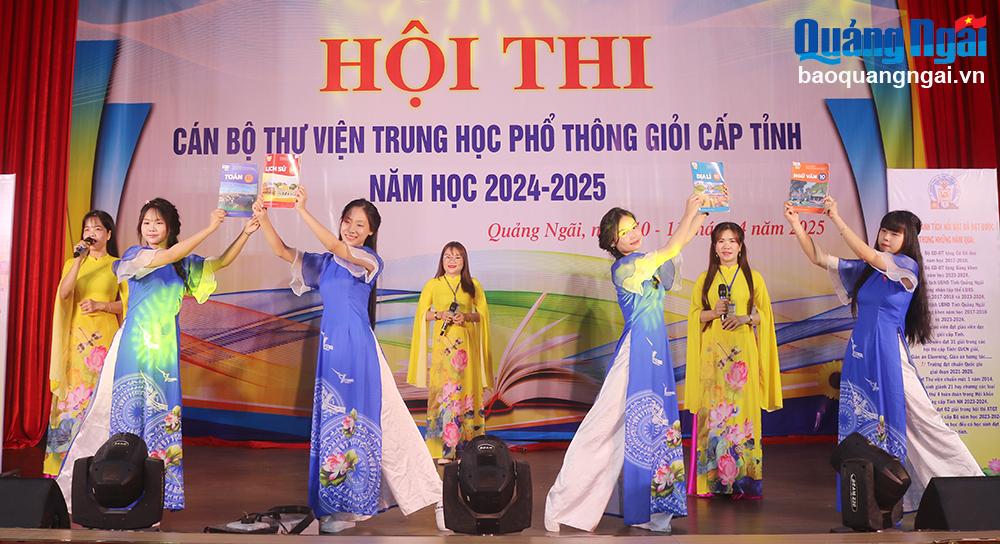



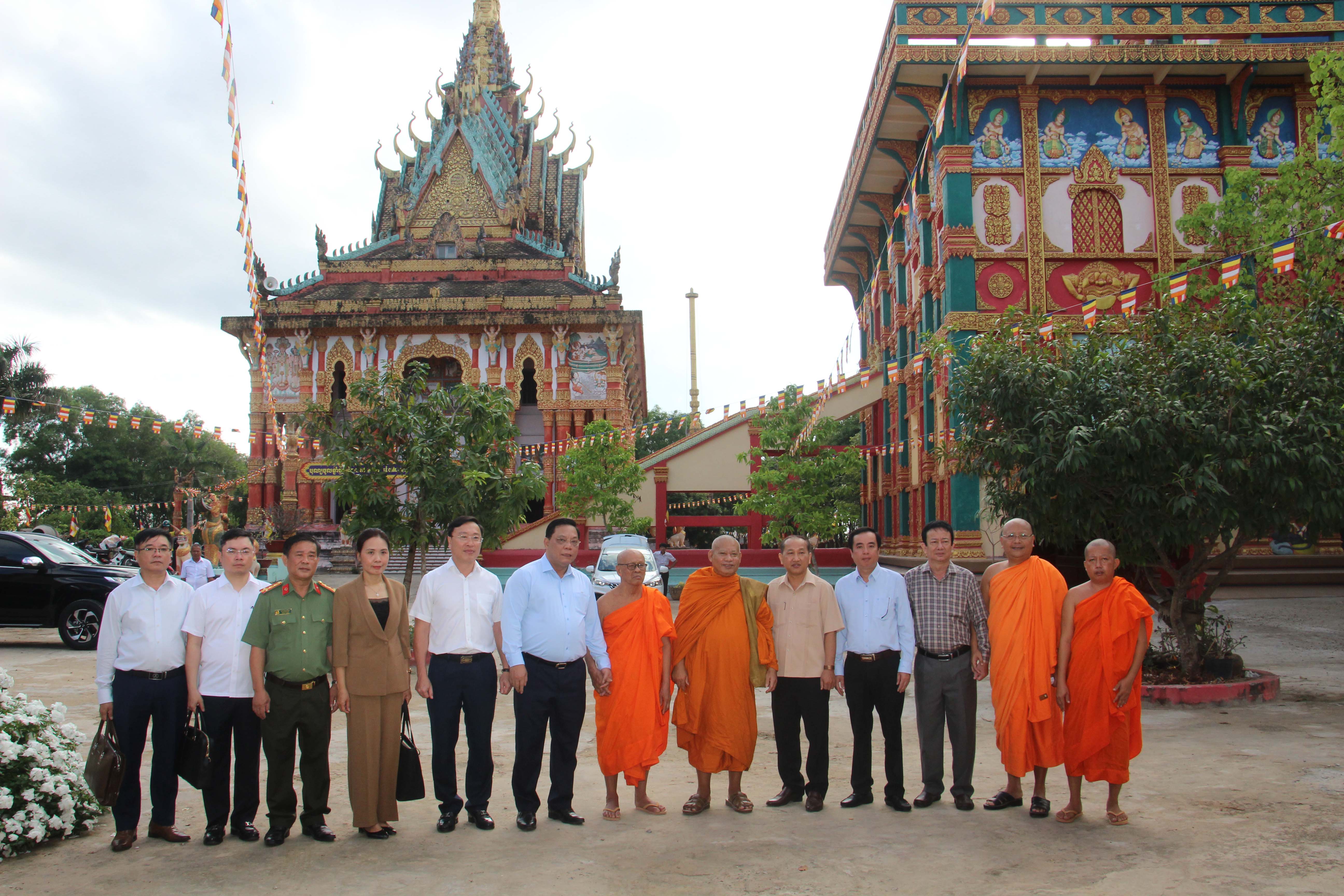
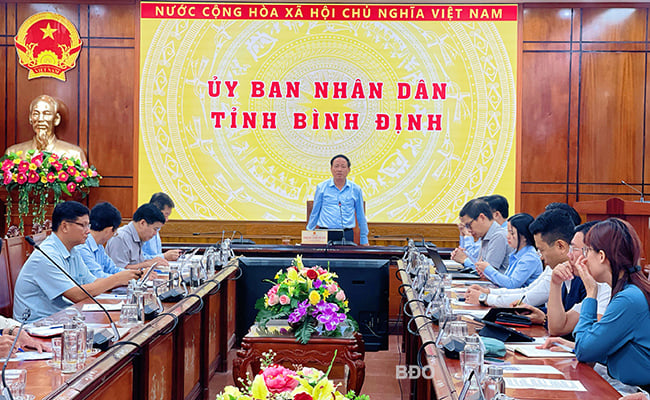
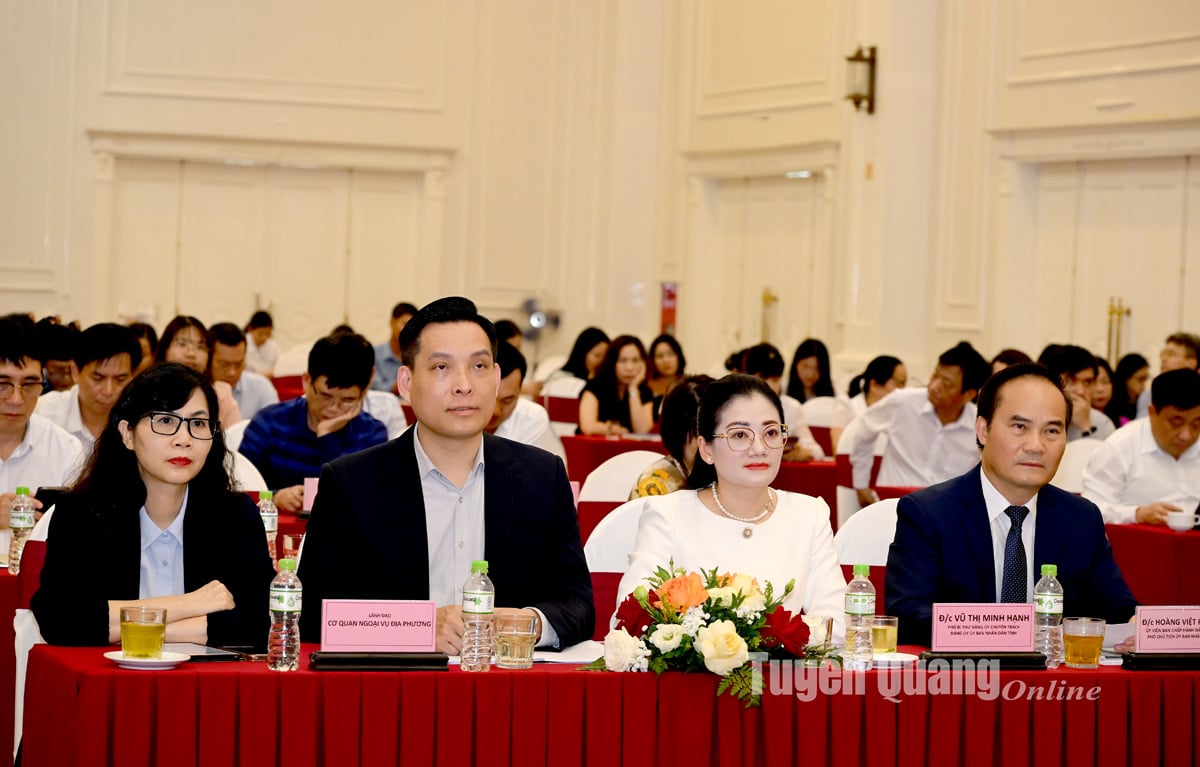
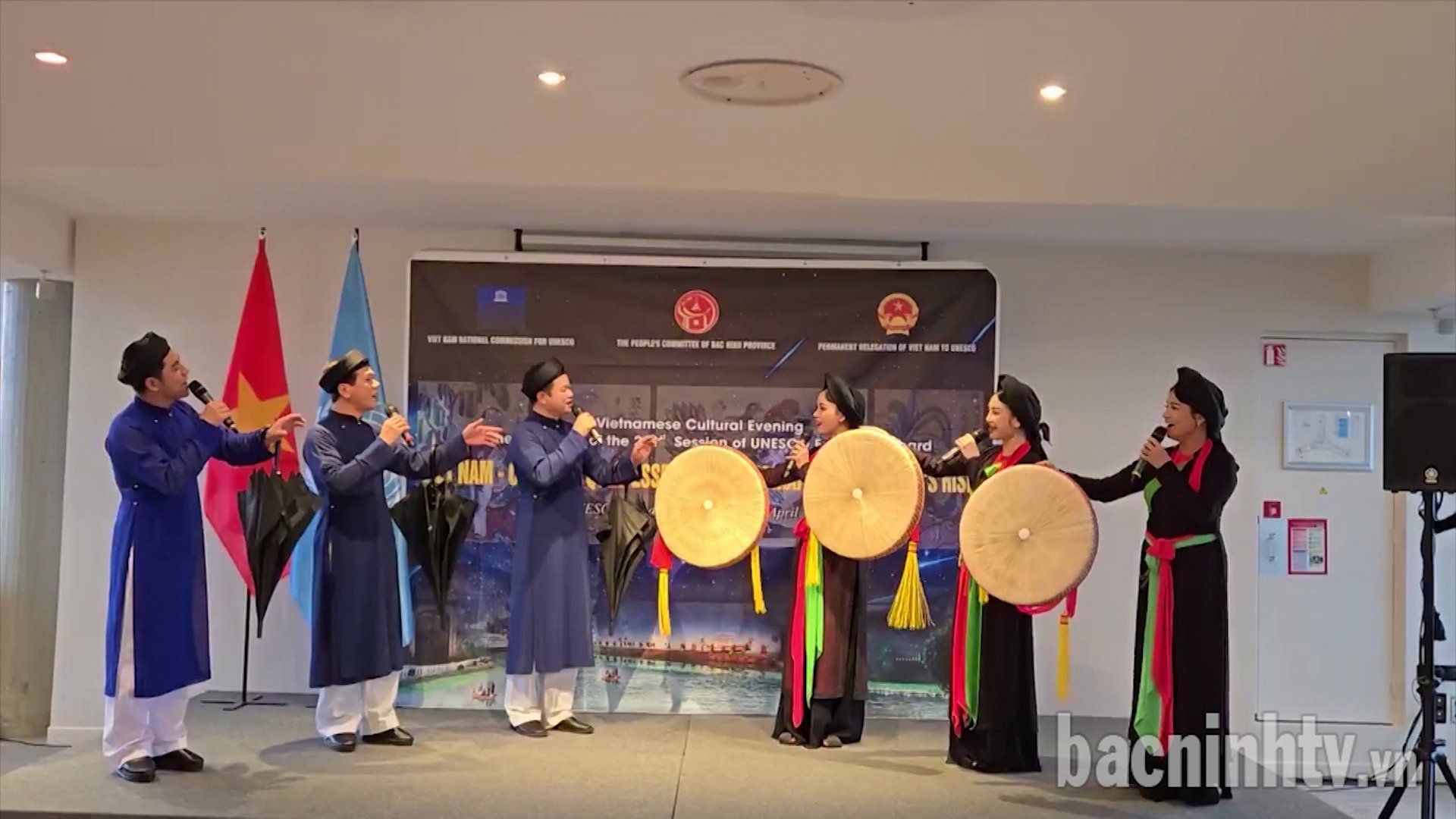
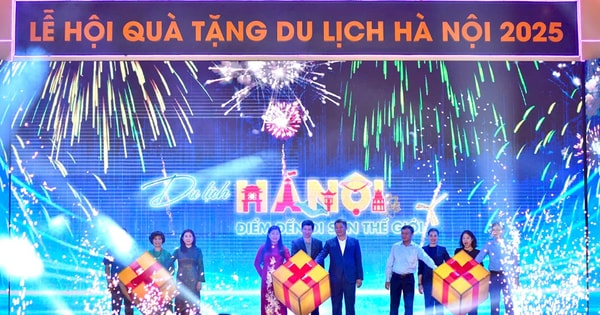
![[Photo] Looking back at the impressive moments of the Vietnamese rescue team in Myanmar](https://vstatic.vietnam.vn/vietnam/resource/IMAGE/2025/4/11/5623ca902a934e19b604c718265249d0)
![[Photo] Summary of parade practice in preparation for the April 30th celebration](https://vstatic.vietnam.vn/vietnam/resource/IMAGE/2025/4/11/78cfee0f2cc045b387ff1a4362b5950f)





























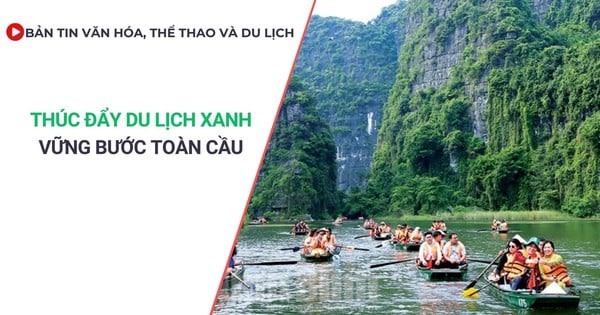







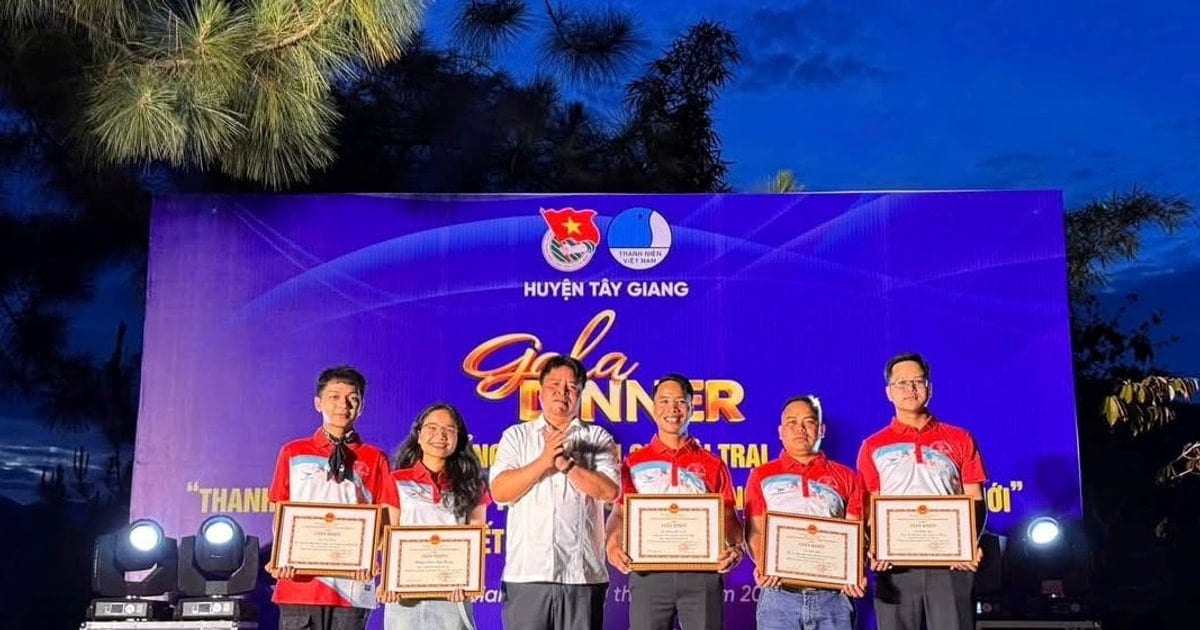

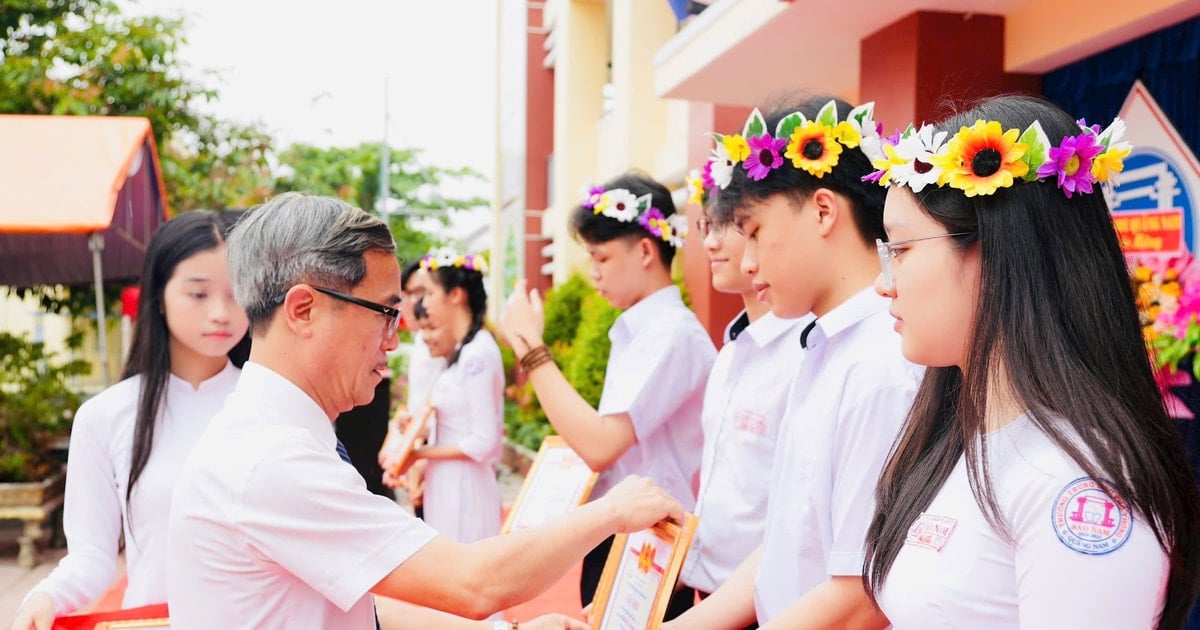
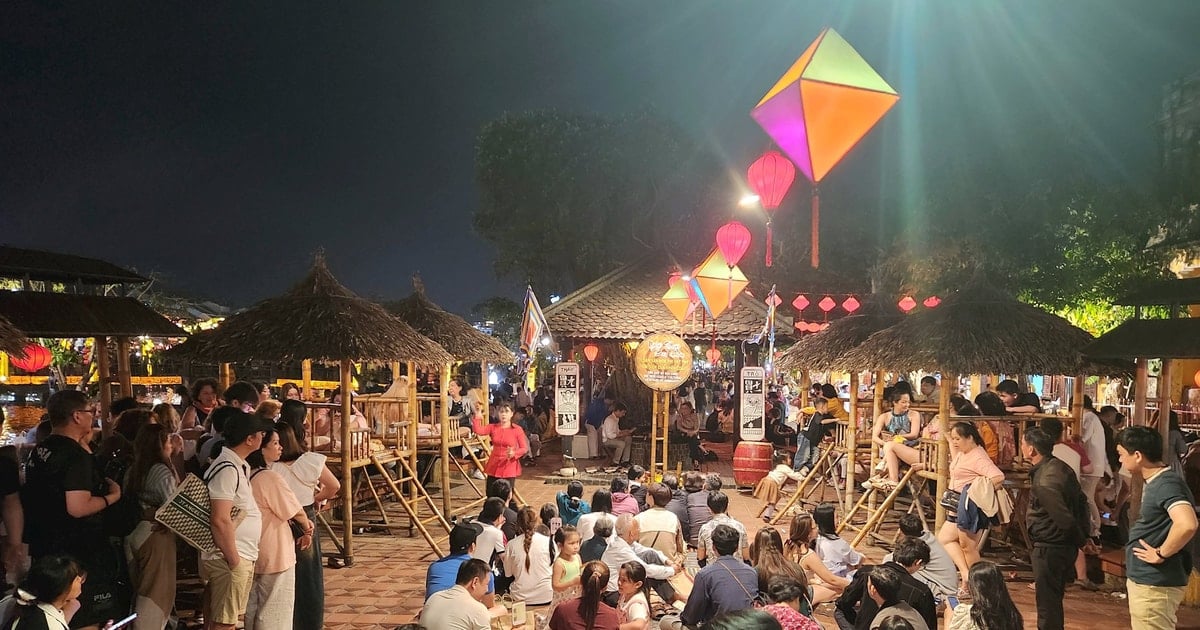
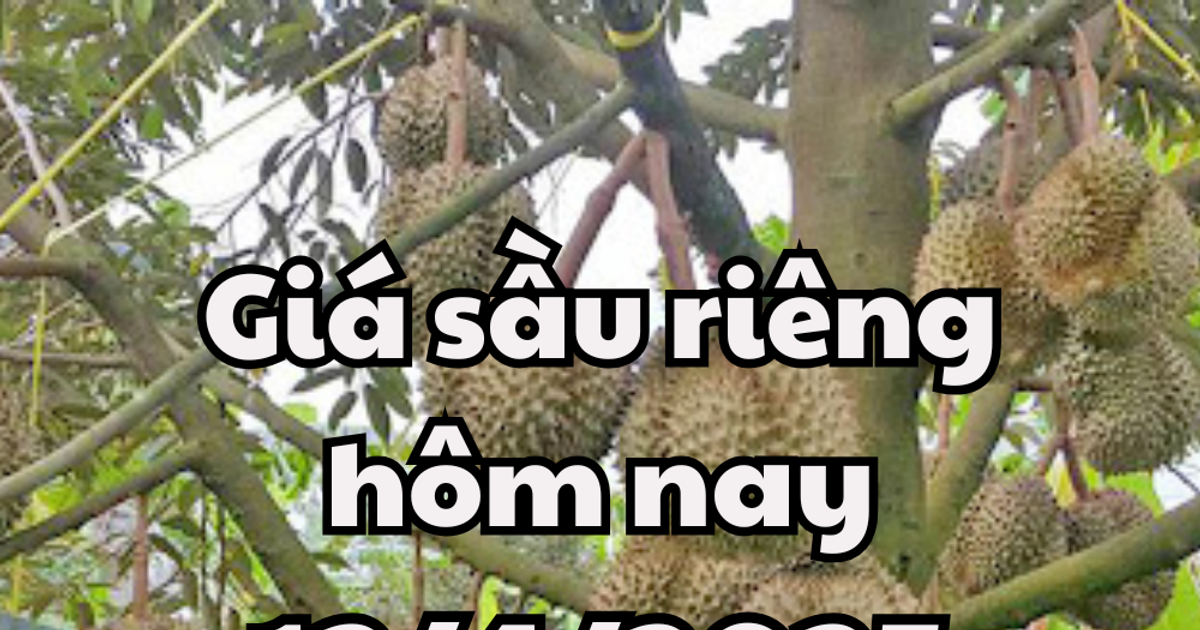









Comment (0)